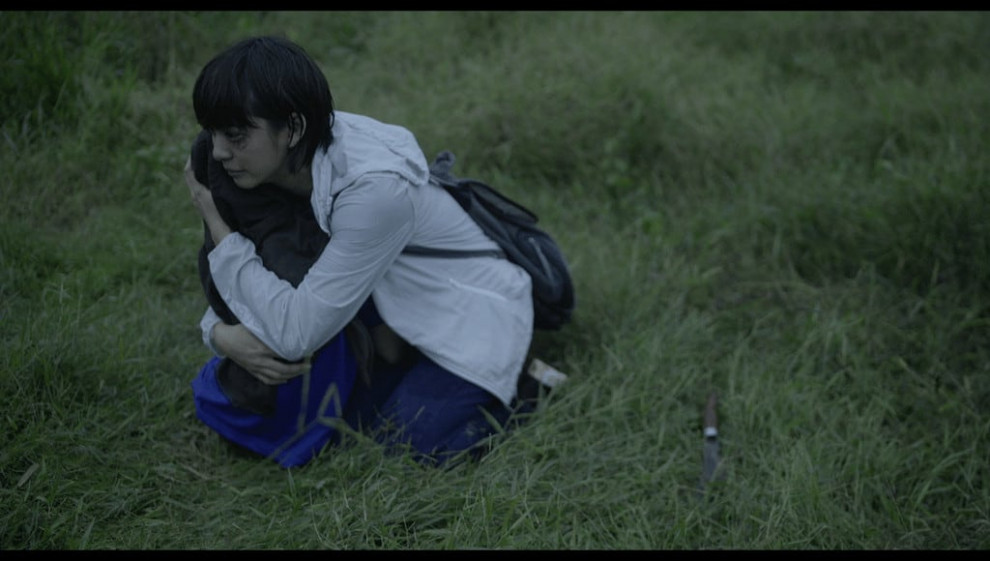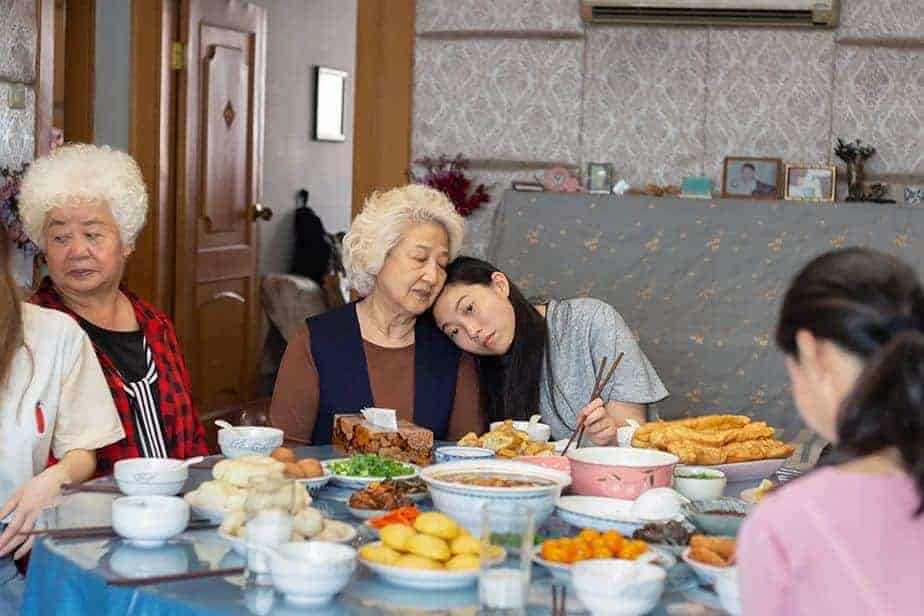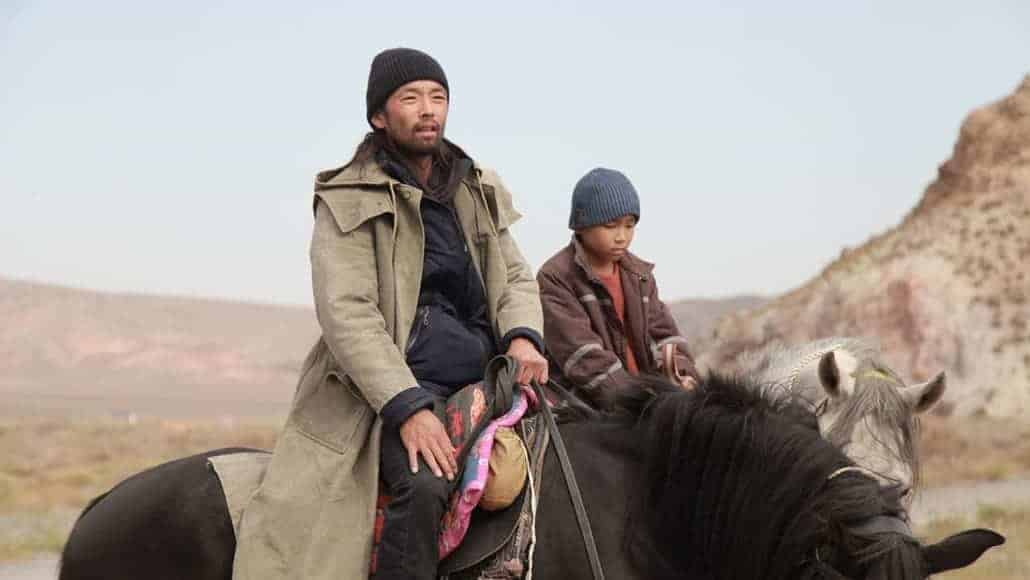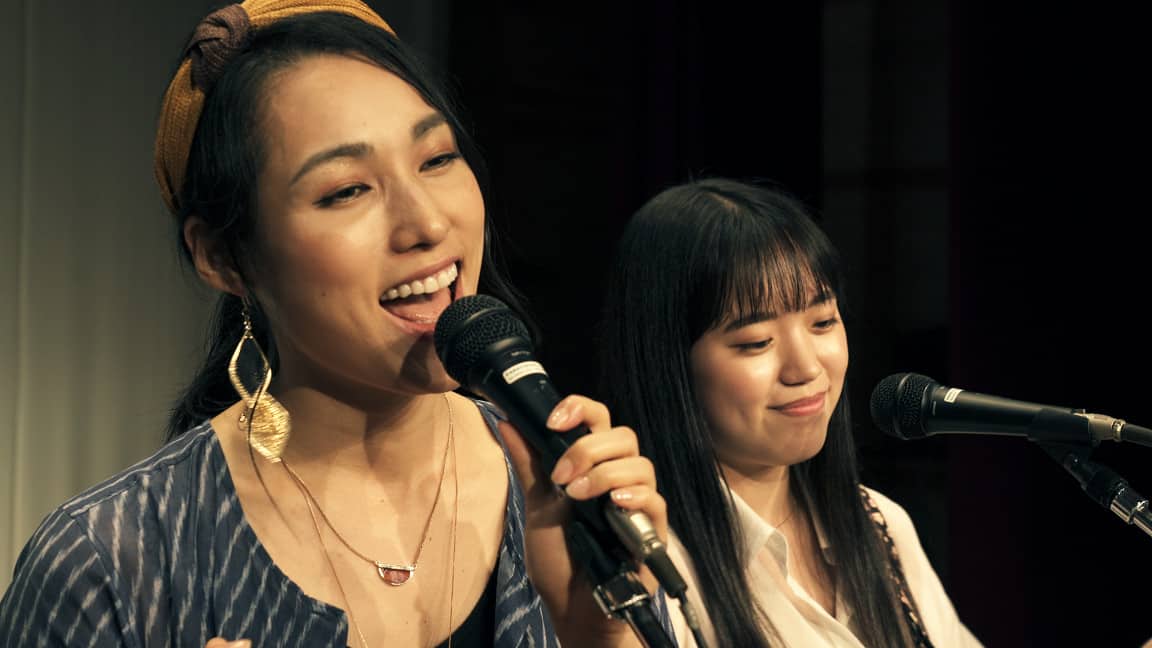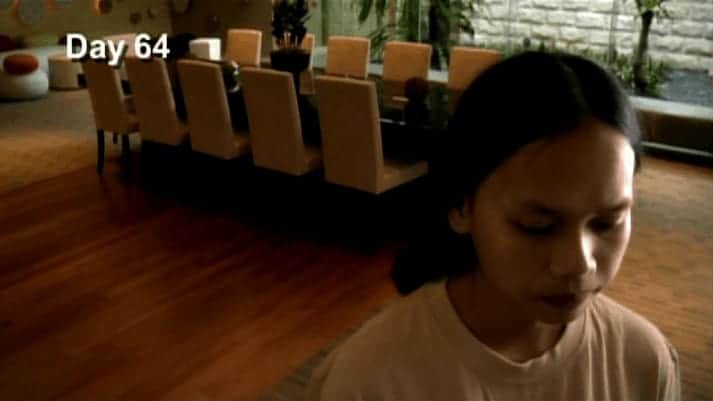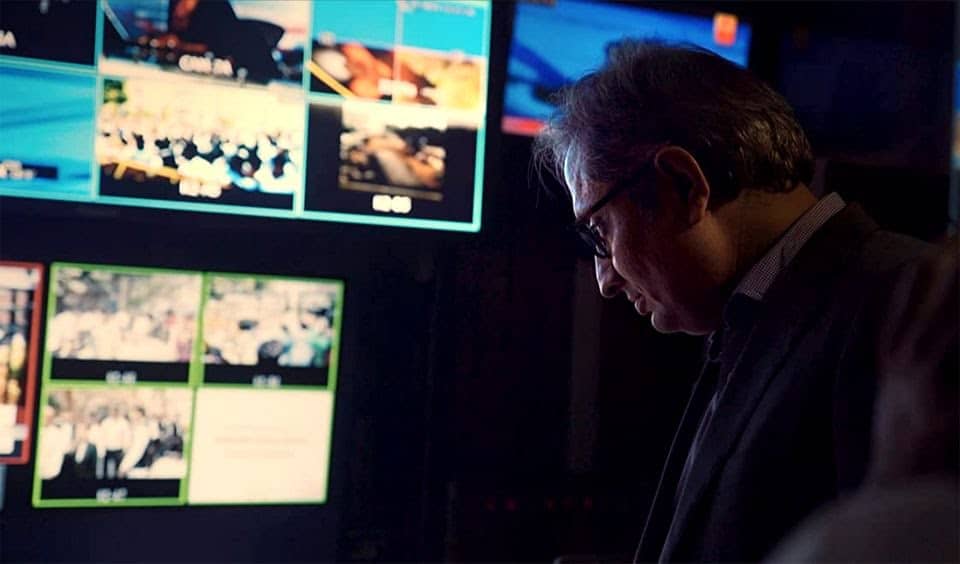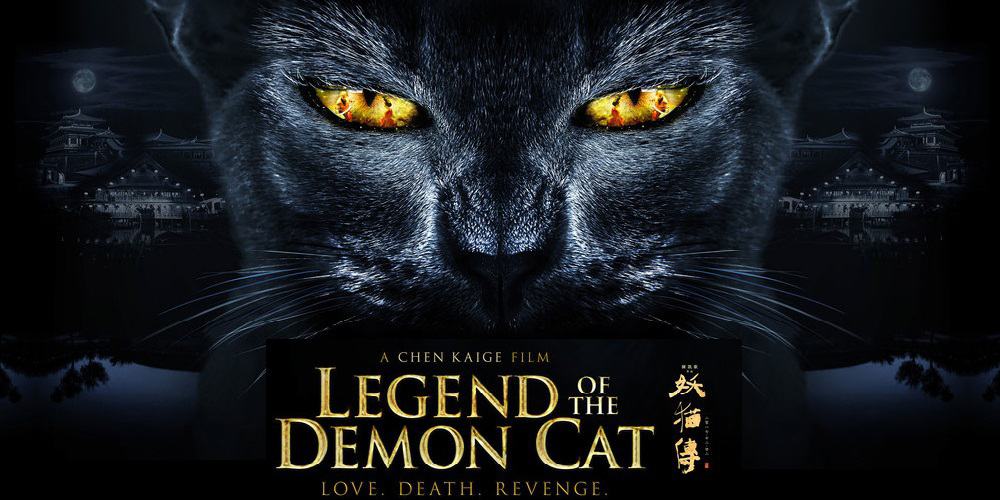Winner of the Best Director Award at the Tokyo International Film Festival, Edmund Yeo's second feature is a truly strong film that deals with the trouble of the Rohingya, a stateless Indo-Aryan people from Rakhine State, Myanmar.
“Aqerat” is screening at Aperture: Asia & Pacific Film Festival

According to Human Rights Watch, the 1982 laws “effectively deny to the Rohingya the possibility of acquiring a nationality. Despite being able to trace Rohingya history to the 8th century, Myanmar law does not recognize the ethnic minority as one of the eight “national indigenous races.” They are also restricted from freedom of movement, state education and civil service jobs. The legal conditions faced by the Rohingya in Myanmar have been widely compared to apartheid, by many international academics, analysts and political figures, including Desmond Tutu, a famous South African anti-apartheid activist. UN officials and HRW have described Myanmar's persecution of the Rohingya as ethnic cleansing.
The story follows Hui Ling, a woman who lives in then Malaysian-thai border, and works in a restaurant in order to earn enough money to go to Taiwan, where she thinks she will have a chance for a better future. However, when her money are stolen, she ends up working in a human trafficking ring, which mostly deals with Rohingyas who escape Myanmar for Malaysia, in order to avoid persecution. Initially she is appalled by the extremely and money-thirsty tactics of the ring, but soon finds herself enjoying the amounts of money she receives. A failure in her “endeavors” and her meeting with Wei, a young hospital worker who frequently deals with Rohingya patients, make her realize the truth of her current life.
Aqerat in Rohingya means afterlife, and Edmund Yeo directs a film that focuses on Hui Ling's “journey” from the deeper depths of humanity (hell as a concept if you prefer) to its true light (“heaven” if you prefer), in a process that seems much like dying and experiencing afterlife. Through this “trip,” Yeo takes a shocking but quite realistic look at the lives of the persecuted Rohingya, who find themselves getting away from the blights of Myanmar only to experience the same, and occasionally even worse fate in Malaysia. The realism of the episodes that comprise this part of this film reach the borders of the documentary, as the film does not shy away from any kind of violence, with the episodes in the jungle being “inspired” by an incident where a number of refugee graves were discovered in the jungles along the border.
The lives of the Rohingya have a significant impact on the viewer, but the same applies to the changes Hui Ling experiences, particularly her downward spiral towards inhumanity, through which Yeo examines the concept of morality, and what its lack can do to a person. This part of the film strays away from realism, with some surrealistic episodes taking place, in a combination that initially seems strange, but somehow works quite well in the context of the film.
Lesley Leon Lee does a very good job in the cinematography of this combination. In that fashion, the scenes that involve the Rohingya feature shots that follow Hui Ling from a very close distance, in documentary fashion, as the spectator experiences what is happening through her eyes, while the rest feature a combination of long and close shots, occasionally with a steady camera, in art-house style. Edmund Yeo's own editing implements both the aspects quite nicely, while it retains a nice pace that heightens the entertainment part of the film.
Daphne Low is the undisputed protagonist of the film, and she does a good job of portraying an individual that loses her way only to find it again through the impact of realization. She plays her part in a laconic fashion that suits the aesthetics of the film quite nicely, as she portrays her emotional and psychological status with very few words. Kahoe Hon implements the same style in his performance as Wei, with the chemistry of the two being one of the highlights of the movie.
“Aqerat” takes a thorough look at a very important sociopolitical issue and, at the same time, at human psyche, in a highly artistic spectacle that benefits the most from Yeo's direction and particularly his narrative style.


